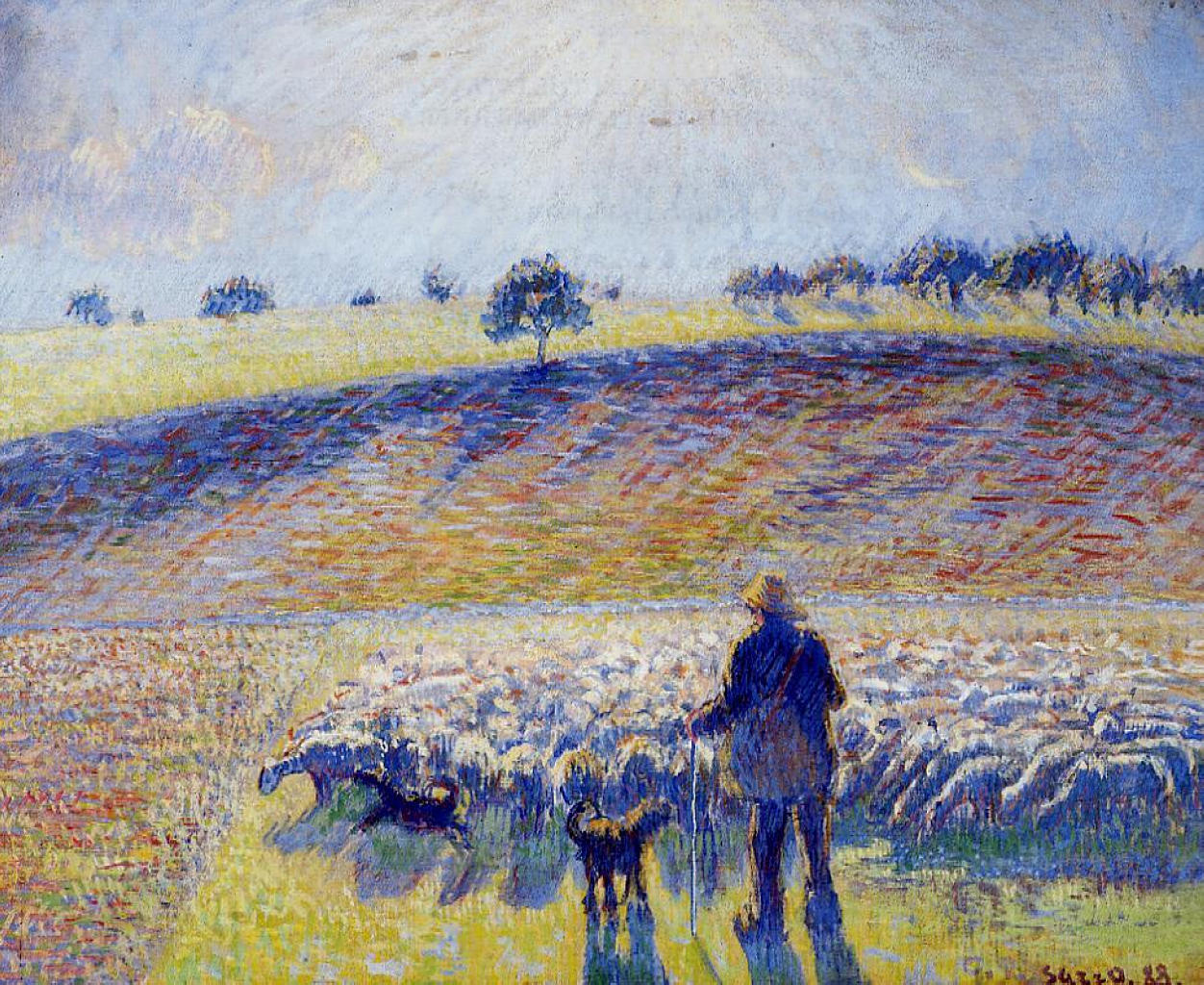Recently, I discussed the nuances of the Ninth Commandment. I believe that it is equally reasonable to talk about the absence of nuance in the Eighth Commandment. “You shall not steal.” It reads as clearly in Hebrew as it does in every language on the planet. There are no caveats, clarifications, or mitigations. This rule is clear and undeniable. Even so, I want to talk about the elements of the Bible that discuss the lax transfers of property, if only to sharpen the point of the Eighth Commandment.
Neither the sons of Israel nor their ancestors were ever meant to steal. When Abraham came to part of the land that was meant for his descendants, he was offered it freely, but he paid for the land in full so that he would not have to be tied to his neighbors. The land was always God’s to give, and He laid out the land for Abraham and his descendants. Even so, the plunder of Simeon and Levi was decried by Israel the patriarch as cruel and deplorable; he would have none of it.
As Israel became a nation, the law against theft grew ever clearer. The Bible says that Israel plundered Egypt not through theft, but by the Israelites’ solicitations and Egypt’s voluntary donations. Throughout Israel’s conquests in the Levant, God explicitly tells His servants that He is the One giving them the spoils of war (Deuteronomy 20:10-15, Joshua 8:1-3). The sons of Israel are not stealing from the inhabitants, but rather receiving it from God. The bounty is God’s to give, so He does not steal Himself (this concept repeats when Jesus acquires the donkey). In fact, God often told His people to destroy the loot rather than to receive or steal it (Deuteronomy 13:16); it would be better than theft. Those who plundered for their own purposes, even at the expense of Israel’s enemies, would often succumb to evil (Judges 8:24-28).
The penalty of theft was stern. At a minimum, Jewish law required the return of the stolen items and an additional twenty percent, aside from the burnt offering that begged God’s forgiveness. Livestock that could not be returned must be repaid four or fivefold. From Proverbs 6:29-31, the one who stole bread would repay sevenfold, that is, in totality, possibly with his freedom or his life. Nothing could be retained which was stolen.
I have a couple hypotheses why lying had so many caveats and stealing did not. First and perhaps foremost, stealing is explicitly material; money, goods, services, and the like contribute to selfish desire but are not needed for God’s purpose. It also makes another objectively, measurably worse off and so contributes to suffering in the world in every case the way certain cases of lying do not. Lying could be used to save lives, such as the false testimony given to Nazis about Jews hiding on the premises. When God provides, and when work earns, stealing cannot.
I bring this up because there are many casual examples of theft in the world, and theft is often regarded as a rather minor sin. The starving thief who steals a loaf of bread to feed himself or his family, as classic a motif as he is, still sins in his desperation. It is both easy and right to decry the increasingly commonplace looting happening across the country and the world, but one must also look to the smaller ways in which our people steal. Pirated media comes to mind, as does borrowing without permission. I haven’t fully worked out the matter of items that belong to the now-dead, but perhaps the acquisition of those are theft as well. As useless as they now are to the previous owner, they are equally useless and material to those living in the long term. Regardless, it is important to review our practices and to purge them of evil, no matter how light.
Theft ultimately comes from a reliance on, perhaps even an addiction to, the material realm. This wastes our true potential towards the Heavenly Kingdom. The primary hope is that the world is free of theft, but more broadly I hope that the world no longer finds the material important enough to commit sin over it. God has a plan for all of us. By casting aside the junk that blinds us, we might finally see it.


Leave a Reply